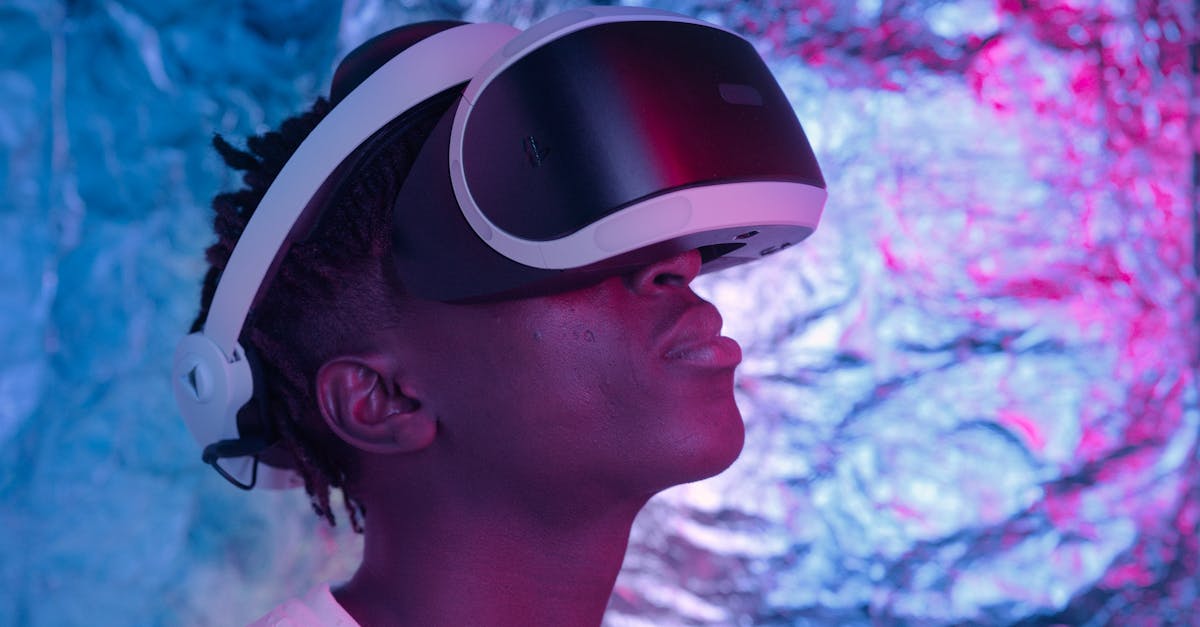The Rise of AI in Music Transforming the Industry
Introduction
Artificial Intelligence (AI) is revolutionizing various industries, including music, reshaping how it's created, distributed, and consumed. As technology advances, AI's role in music continues to expand, offering artists new tools and opportunities. This article explores AI's impact on the music industry, illustrating both its benefits and challenges.
Advertisement
AI in Music Composition
AI-powered tools such as OpenAI's MuseNet and AIVA are transforming the way music is composed by enabling machines to generate compositions autonomously. By learning from vast libraries of music, these algorithms can create pieces ranging from classical to contemporary genres. While AI can mimic human composition, it also offers musicians a collaborative tool to enhance their creative process, inspiring unique musical outputs.
Advertisement
Enhancing Production Efficiency
AI is revolutionizing music production by streamlining workflows and improving efficiency. Technologies like LANDR are providing automated mixing and mastering services, saving both time and resources for producers. AI-driven tools analyze audio tracks, making adjustments for optimal sound quality. This not only aids professionals but also empowers aspiring musicians with limited resources to achieve studio-quality results.
Advertisement
Innovative Music Curation
Personalized music experiences have become integral to our listening habits, and AI is at the heart of music curation algorithms. Streaming platforms like Spotify use AI to analyze listening patterns and preferences, curating playlists tailored to individual tastes. This technology helps listeners discover new artists and genres, significantly influencing how we explore and appreciate music today.
Advertisement
Promoting Independent Artists
AI-driven platforms like Amper Music provide independent artists with resources to create high-quality music compositions without requiring traditional support structures. By democratizing music production, these technologies empower emerging talents to compete with established artists. AI assists with marketing strategies, leveraging algorithms to identify target audiences, therefore broadening reach and increasing chances of success.
Advertisement
AI-Driven Visual and Interactive Experiences
The integration of AI into music extends beyond audio, enhancing visual and interactive experiences. AI can be utilized to create dynamic music videos, generate unique album artwork, and develop interactive live performances. Technologies like DeepDream and neural networks allow artists to produce immersive experiences, blurring the lines between audio and visual art forms, and elevating audience engagement.
Advertisement
Challenges and Ethical Considerations
While AI offers numerous benefits, it also presents challenges, particularly regarding copyright and originality. Questions about intellectual property arise when AI generates music based on pre-existing compositions. Moreover, there are concerns over the authenticity of AI-produced music—whether its emotional depth can truly mirror that of human creativity. These ethical considerations require ongoing dialogue and regulatory guidance.
Advertisement
AI in Audience Engagement
AI plays a vital role in understanding audience behavior, offering insights into listener preferences and trends. Music artists and producers utilize AI analytics to tailor marketing strategies and enhance audience engagement. By predicting shifts in audience tastes, AI helps industry professionals stay ahead of trends, contributing to commercial success and sustained relevance in an ever-evolving market.
Advertisement
Future Prospects of AI in Music
The potential for AI in music is vast, with ongoing advancements promising even more innovative applications. Future developments may include AI-created virtual artists, personalized music therapy applications, and adaptive soundtracks in gaming and films. As AI continues to evolve, it holds the promise of reshaping music in unpredictable and exciting ways, expanding the boundaries of human creativity.
Advertisement
Conclusion
In conclusion, AI is transforming the music industry, enhancing creativity, efficiency, and accessibility for artists and listeners alike. While challenges related to originality and ethics persist, the benefits AI provides are testament to its significant role in modern music. As technology progresses, the collaboration between AI and musicians will likely continue to innovate, shaping the future of music.
Advertisement


